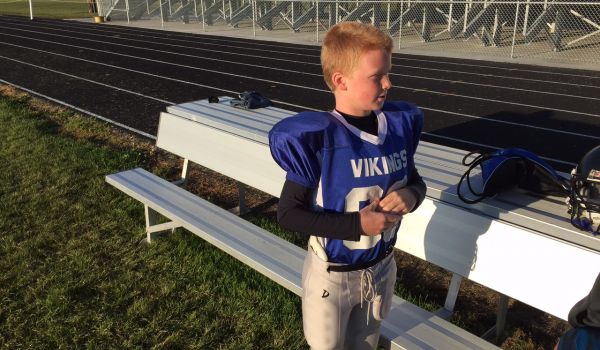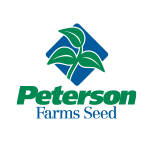Pick the Best Players for Your Farm

It’s September, the beginning of the best time of the year, if you ask me. September brings harvest, hunting, and football season – and who doesn’t love at least one of those activities? And if you’re like me, you’re eager for all three.
As a farmer and a football fan, I can appreciate the many sports references used in the seed industry. A lot of terms can be descriptive for both agriculture and sports. Designating soybean varieties as “offensive” and “defensive” is a common example.
These terms became more mainstream with the introduction of Roundup Ready 1 soybeans. At that time, there were a lot of genetic choices available to farmers, who prioritized the agronomic issues they wanted to control and then selected varieties that addressed those issues.
In our region, variable soils demand different things from a soybean variety. In the upper Midwest, we look for varieties with Iron Deficiency Chlorosis tolerance, Phytophthora resistance, and Soybean Cyst Nematode resistance.
High-yielding soybeans with few agronomic traits were classified as “offensive” varieties. They performed great on a farm’s best soils, but yield dropped significantly at the onset of stress. 0509RR was our top-selling variety 10 years ago, but if you as much as whispered chlorosis to it, it would nearly die on the spot.
“Defensive” beans yielded above average in tough areas of the field, but did not provide the top-end yield for a farm’s best ground that offensive beans provided. Back then, some brands actually bred a “blended variety” of offensive and defensive varieties to create something they claimed would “work across all acres.” This strategy made no sense as it brought down the yield average on a farm’s best soil because the defensive variety did not perform well. And it also reduced yield in tougher soils as the offensive variety struggled to combat the issues that gave the soil its tough characteristics.
Breeding advancements along with the advent of Roundup Ready 2 Yield soybeans have eliminated the need to classify soybeans as “offensive” or “defensive” because many soybean varieties now have both types of characteristics. There are no longer defensive varieties that have yield “ceilings”.
Today’s soybean varieties can be compared to a small town high school football team, where players must excel on both sides of the ball. Peterson Farms Seed offers soybeans that have SCN, IDC, and top Phytophthora resistance as well as high-yielding genetics that perform across many soil types and environments.
When making variety selections this fall, look for the variety that fits your farm best. Remember to consider maturity and genetics first, and then protect it with the traits you need. And to use another football metaphor – choose and great quarterback and then protect him with a couple great linemen.
Take care this fall during harvest. And enjoy the football and hunting seasons!



